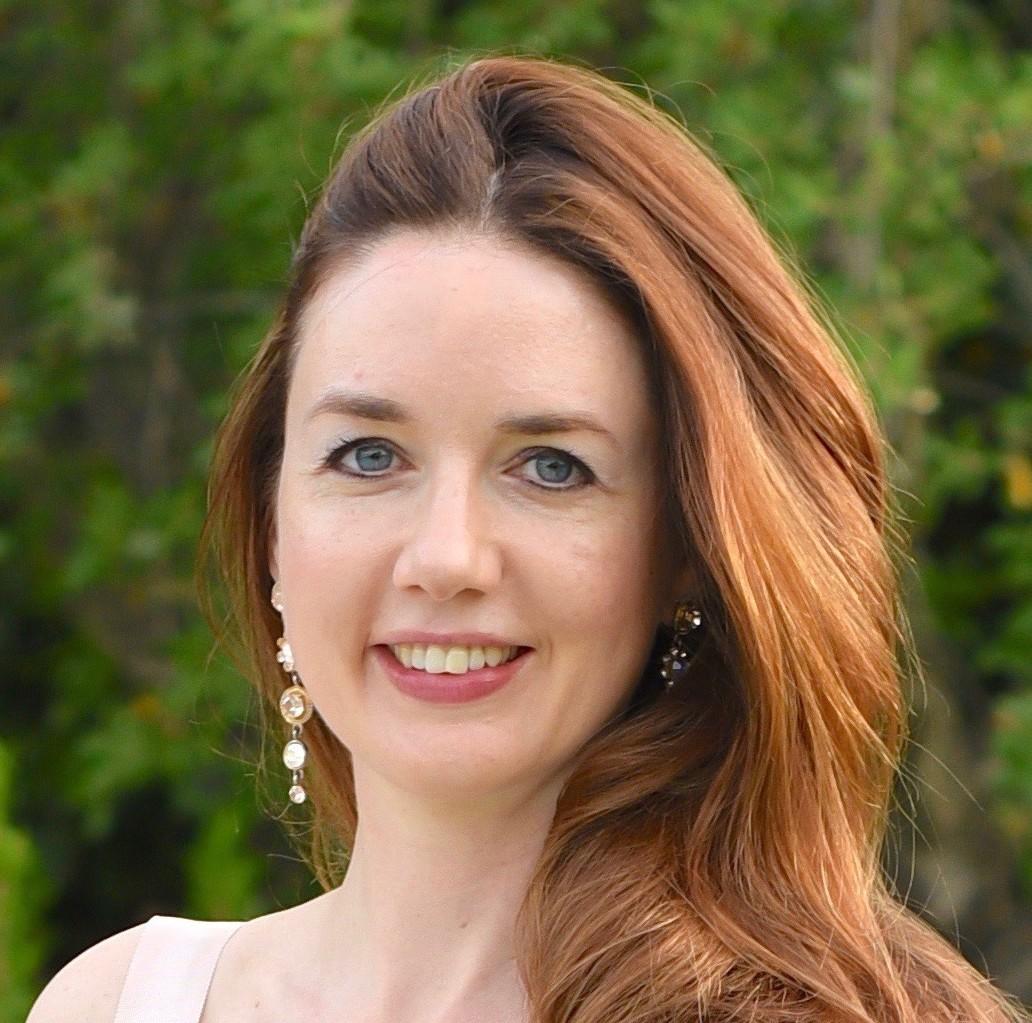Baby Sleep Myth No. 1: Keeping your baby awake for longer in the daytime will make them sleep better at night

By Angela Wilson
Certified child sleep consultant, MA Natural Sciences Cambridge University and co-founder of Baby Smiles Club
‘Why are you putting your baby down for a nap now’, says your mum (or brother, or friend or whoever), as you put your 3 month old into their stroller bassinet for their 4:30pm afternoon nap. ‘Surely it’s best for them to stay awake, and then they’ll sleep longer at night’, they ask.
We get the logic behind this. We really do. If YOU had a morning nap, lunchtime nap AND afternoon nap, then you probably wouldn’t sleep that well at night. You’d probably be up raiding the kitchen, or lying in bed thinking about your to-do-list.
But the same logic doesn’t apply to babies! And that’s for three reasons:
- Firstly, babies need a LOT of sleep. This means they need daytime naps as well as nighttime sleep to make up their daily quota of sleep. This is discussed in our article ‘Babies need a LOT of sleep!’.
- Secondly, babies have a high ‘sleep drive’, meaning the desire or need to sleep. Put simply, they can only stay awake for a short time before they need to sleep again. (If you’re interested, the scientific term for this is the Homeostatic Process).
- Thirdly, babies (like us) have sleep hormones, and these are in a delicate balance. If a baby stays awake for too long, their sleep hormones will go out of kilter – they’ll become overtired, which makes it harder for them to sleep.
Maximum Awake Times
Putting the second two points together means that babies have a ‘Maximum Awake Time’, which is the maximum amount of time that a baby can happily stay awake for. The time differs from baby to baby, and lengthens as a baby grows older.
So in the first two weeks after birth, a baby can only stay awake for around 30 minutes to an hour before they need to sleep again. That’s why when a friend comes around for a cuddle, your baby is likely to want to drift off back to dreamland ;)
By the time a baby gets to being a year old, they can stay awake for around 3 ½ – 4 ½ hours before they need to sleep. Which means you have time to do more fun activities with your baby!

Sleep Hormones
Now, when a baby stays awake for longer than their Maximum Awake Time, this is bad news. Babies have two key hormones responsible for their sleep: cortisol (known as the ‘Stress Hormone’) and melatonin (known as the ‘Sleep Hormone’).
When a baby stays awake for too long, their sleep hormones go out of sync. Their cortisol levels become raised, and they become overtired – which makes it harder for them to fall and stay asleep. They begin to ‘fight’ sleep. This in turn makes them even more tired, and it’s the start of a circle you really don’t want to get into. They badly need to sleep, but are struggling to do so. And when they do fall asleep, their sleep is more likely to be disturbed.
Don’t skip naps!
This is why your baby shouldn’t skip daytime naps! It will actually make them sleep worse at night. So ignore anyone questioning why your baby is napping!
Our Baby Sleep Program is founded on the most up-to-date science about how babies sleep, and is created with kindness and empathy to help strengthen the parent-child bond. We explain all about daytime naps, including suggested times and lengths and your baby grows.

